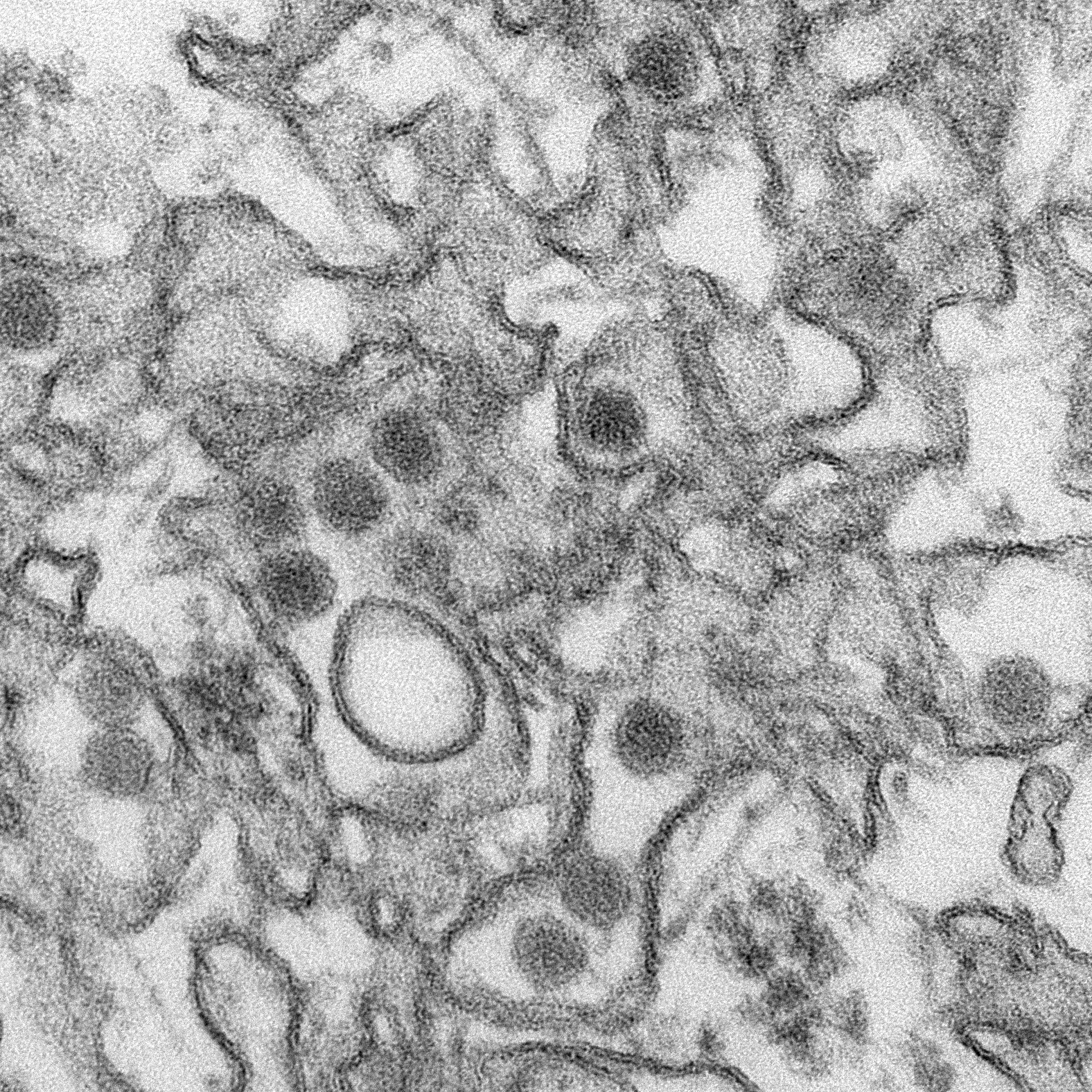Zika Virus Vaccine Shows Promising Start in Mice

A new vaccine against the Zika virus shows promising results in mice, a pharmaceutical company announced in a statement yesterday (Feb. 17).
The vaccine has "induced robust and durable immune responses" in mice, the vaccine maker, Inovio Pharmaceuticals, said in a statement.
Researchers are still working on the vaccine, called SynCon, as a means to protect people from the mosquito-carried Zika virus. Only 1 in 5 people infected with the virus shows symptoms, which can include fever, rash and muscle pain. However, Zika might increase the risk of microcephaly (small brain and head size) in the children of pregnant women infected with the virus, prompting a race to make a vaccine against the virus. Zika may also be associated with Guillain-Barre syndrome, an autoimmune disorder. [5 Things to Know About Zika Virus]
Inovio is one of about a dozen companies working on a Zika vaccine. The Inovio vaccine helped the mice develop detectable levels of specific antibodies in the blood, the company reported. Moreover, the vaccine prompted "robust and broad T cell responses" that could fight the Zika virus, company representatives said.
Though the vaccine is still in animal testing, it may be available for clinical trials in people by the end of the year.
"With robust antibody and killer T-cell responses generated by our vaccine in mice, we will next test the vaccine in nonhuman primates and initiate clinical product manufacturing," said Dr. J. Joseph Kim, Inovio's president and CEO. "We plan to initiate phase I human testing of our Zika vaccine before the end of 2016."
Follow Laura Geggel on Twitter @LauraGeggel. Follow Live Science @livescience, Facebook & Google+. Original article on Live Science.
Get the world’s most fascinating discoveries delivered straight to your inbox.

Laura is the managing editor at Live Science. She also runs the archaeology section and the Life's Little Mysteries series. Her work has appeared in The New York Times, Scholastic, Popular Science and Spectrum, a site on autism research. She has won multiple awards from the Society of Professional Journalists and the Washington Newspaper Publishers Association for her reporting at a weekly newspaper near Seattle. Laura holds a bachelor's degree in English literature and psychology from Washington University in St. Louis and a master's degree in science writing from NYU.


